Pierre Boulat
-
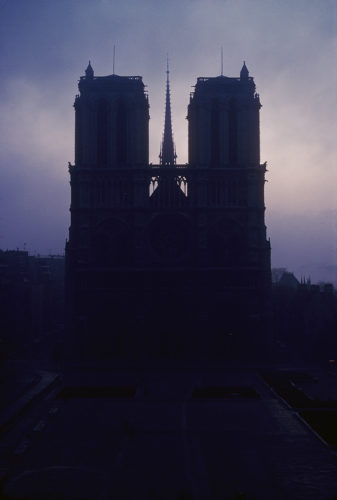
Notre Dame de Paris
-
Like a huge two-headed sphinx, sitting in the middle of the city. The towers of Notre Dame stand out against the sky of Paris forming the "H" of his name. -
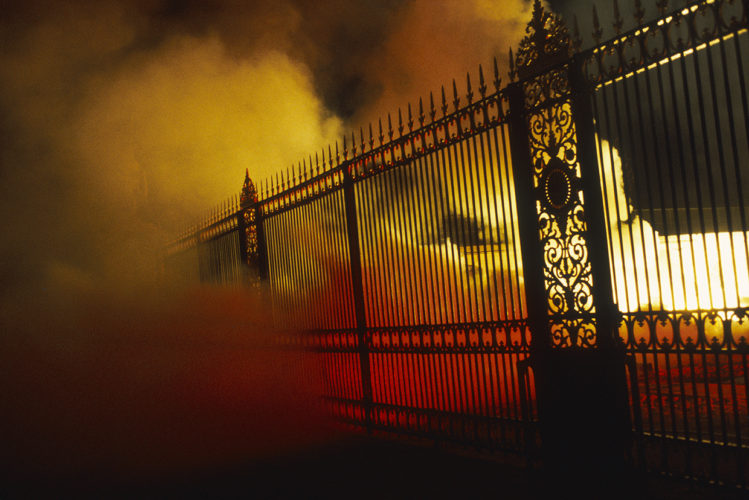
February 1848
-
On the night of February 23 to 24, 1848, Paris is covered with barricades. The insurrection forces the gates of Tuileries where are cantoned an important number of the National Guard. -
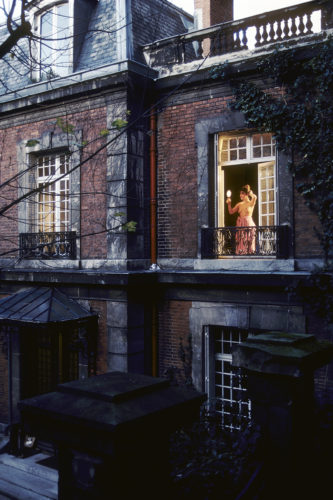
Unrepentant voyeur
-
A too chaste youth makes it an unrepentant voyeur. Victor Hugo spies, at the windows near his house, the ladies and maids undressing or doing their toilet. -
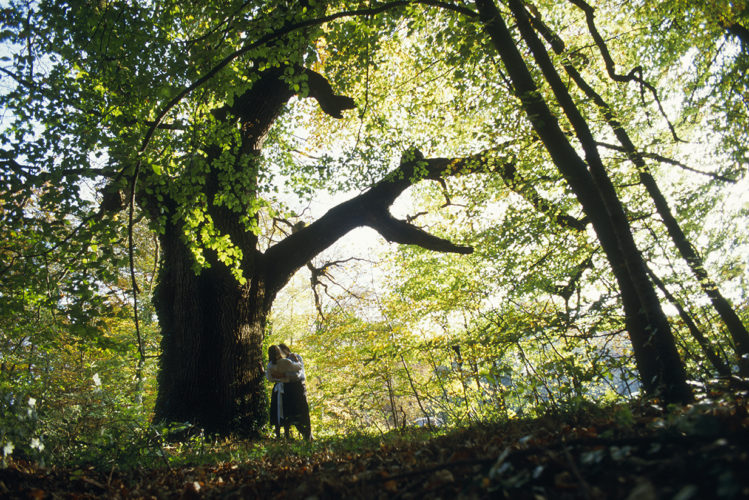
Love
-
Every day Juliette Drouet went to meet her lover and waited for him near a secular chestnut tree, whose old bark kept in its recesses the messages of love. -
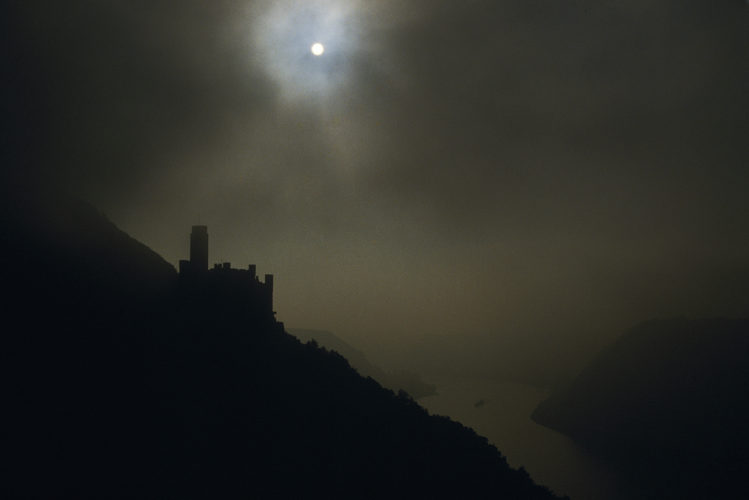
Loreley
-
On the banks of the Rhine, in the Taunusn, the castle of Lorelei whose legend, sung by the poet Heine, of bewitching and mischievous ondine haunts him. -
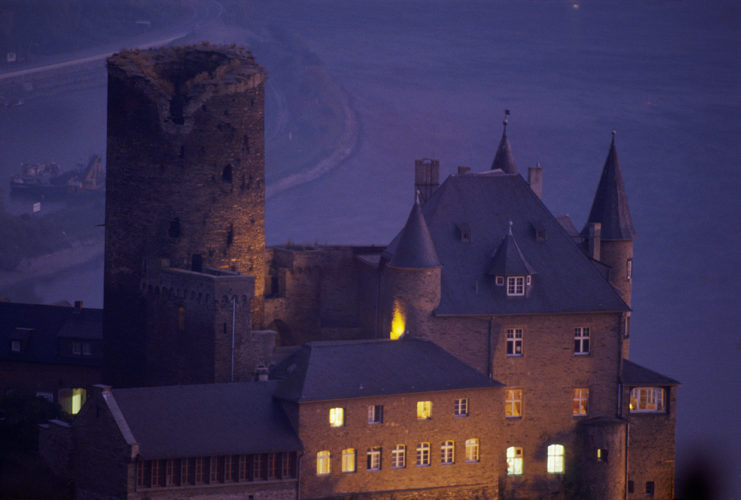
The Brugraves - Katz Castle
-
During his many trips to Germany, Victor Hugo had the vision of the titanic fights of the knights against the Emperor, Wagnerian drama and, more intimate of his thorny relations with his brother. -
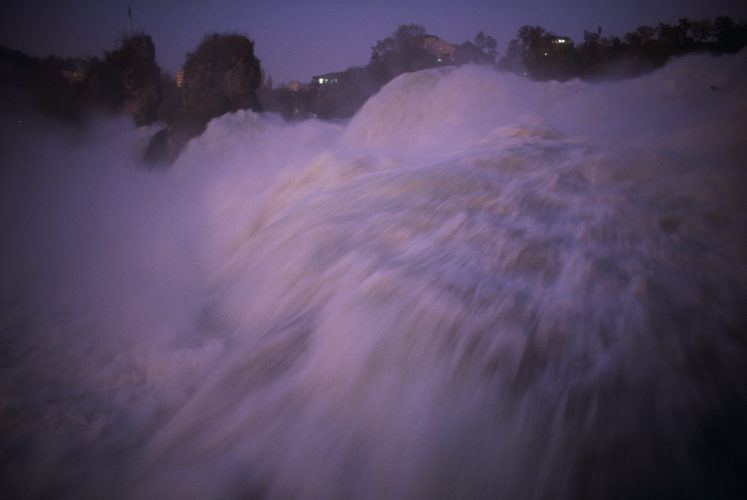
Schaffhausen
-
In his travel letters Victor Hugo energetically describes his wonder for the great Rhine Falls in Schaffhausen, Switzerland. A misunderstanding in an inn, from the spelling of a menu, will mix the name of a dessert and a carriage ride on the banks of the Rhine. -
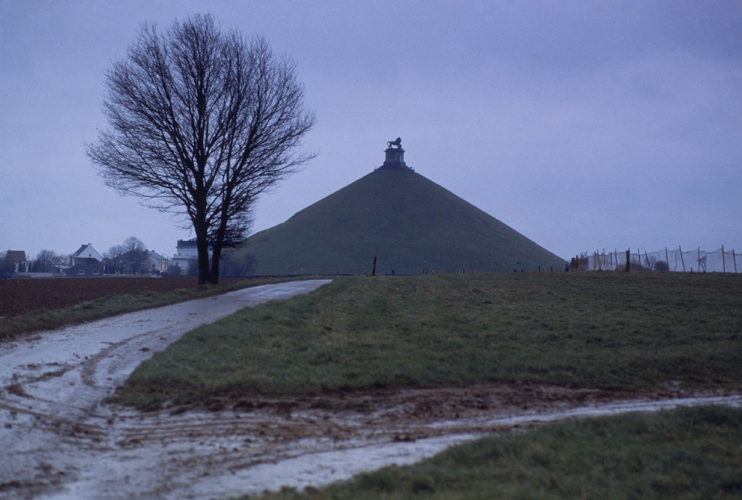
Waterloo
-
"Waterloo, Waterloo, Waterloo dreary plain .." written in "Punishments" and taken as a backdrop for "Les Miserables". Victor Hugo often came there to caress with his friends the enormous lion erected at the top of a pyramid of 40 meters, erected by the English in 1825, on the occasion of the tenth anniversary of the battle. -
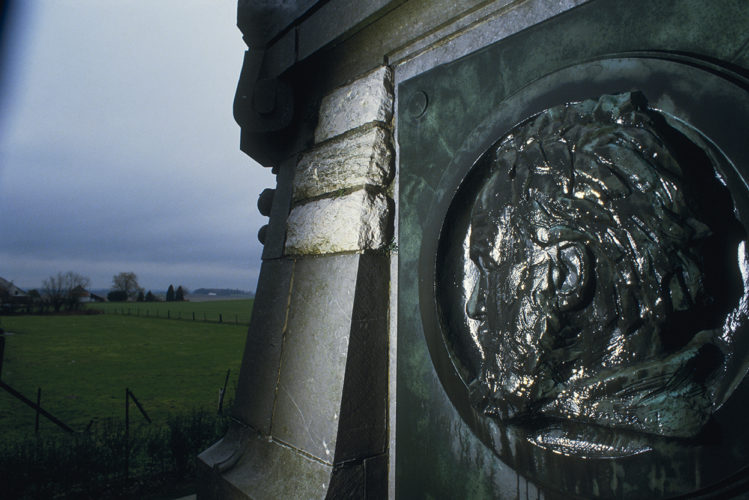
Advocacy for Peace
-
"A day will come when there will be more battlefields than markets opening to trade and minds opening to ideas." These are the words of Victor Hugo, pronounced at the Peace Congress. He presided, today engraved on a stele not far from the monument to the English. -
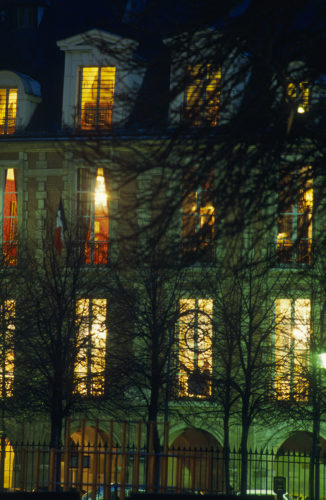
Place des Vosges
-
Illuminated windows of the house where Victor Hugo lived in October 1832 ... watch the lights and listen to the laughs ... located in the heart of the Faubourg Saint Antoine district. Preocupied by this image and often concerned by the contrast of luxury and poverty, he wrote his major work Les Miserables. -
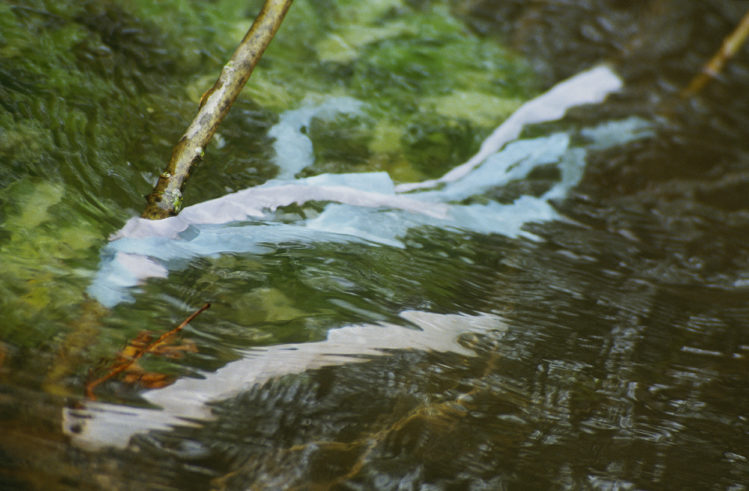
Death of Leopoldine
-
September 4, 1843 - In Villequier, during a boat trip on the Seine, the boat in which took place the daughter of Victor Hugo and her husband, capsized and the couple drowned. Victor Hugo had a considerable shock. -
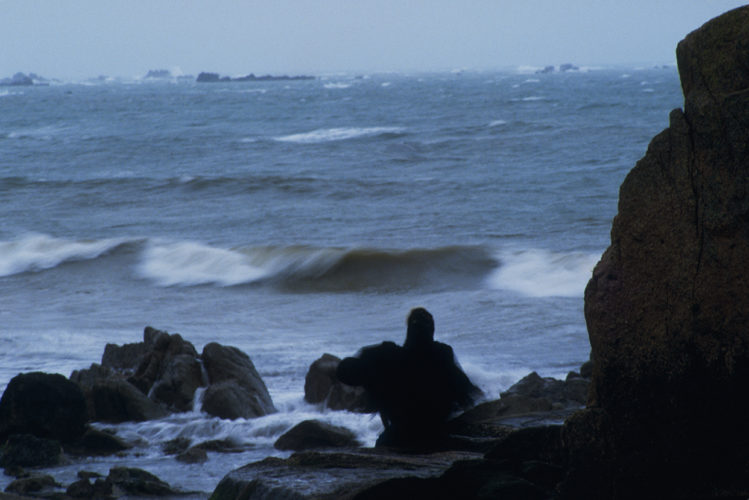
Jersey
-
August 1852, beginning of an exile that will last 18 years. Famous image of Victor Hugo at "Rock of the proscribed". -
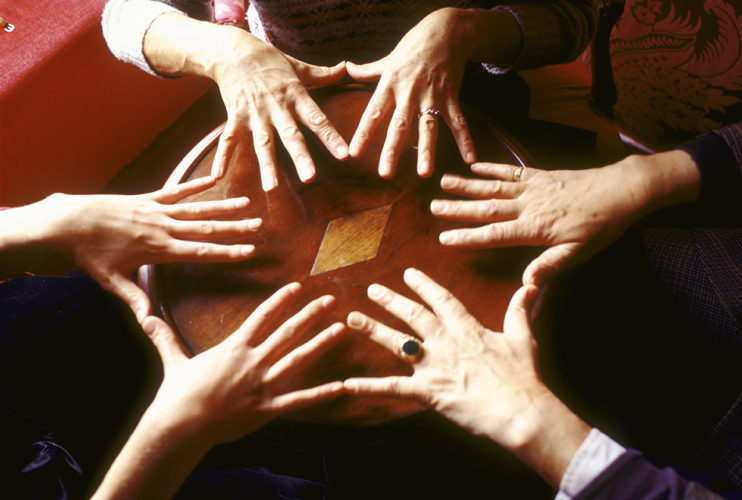
Turning the tables
-
Spiritism invaded the spirit of Victor Hugo, who meditated on life beyond the grave. The ghosts filled the long winter evenings in Jersey. -
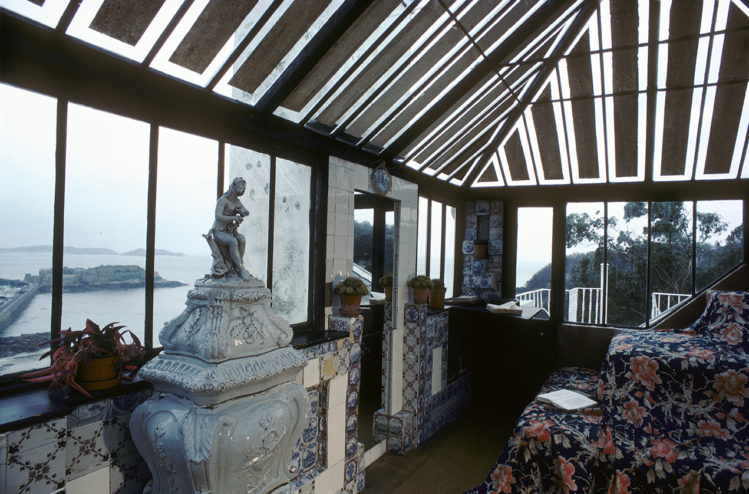
Hauteville House - Guernsey
-
The big white house of Saint Peter. Finally owner, Victor Hugo arranged it from top to bottom. Overflow of artistic and literary creations. The Look-Out, the study, built especially on the roof of the house "opened on the sky and on the immensity". From here he gazed at the sunset, with nostalgia, the French coast, forty kilometers away. Victor Hugo wroten standing on the small corner tablet, more than a third of his work. -
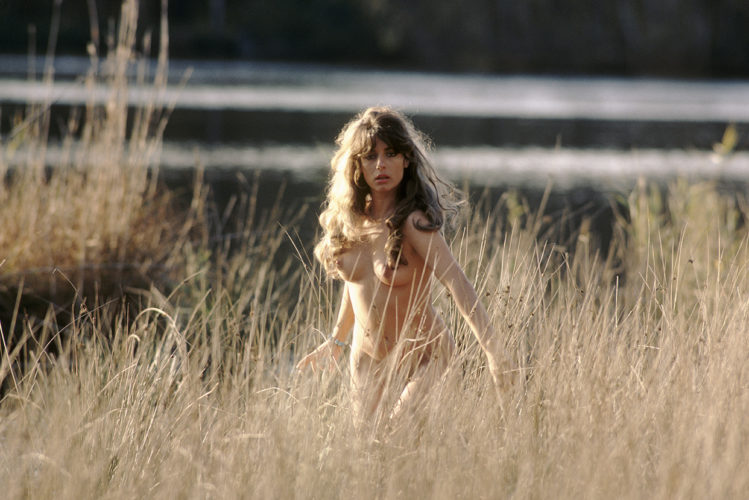
Songs or the Streets and the Woods.
-
At 63, Victor Hugo put in Alexandrine his love memories and the frenzies of his youth. This photo illustrates one of the old man's fantasies: "... I saw coming to me in the great green reeds, The beautiful naked girl, frightened and wild, Her hair in her eyes and laughing through it. " -
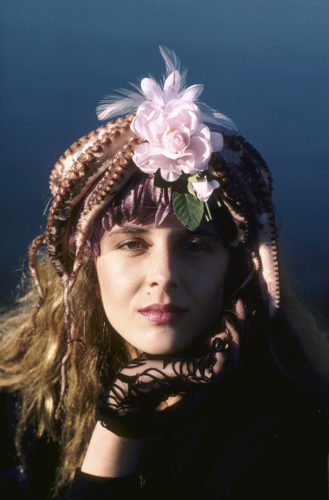
The Sea Workers
-
"All the ideal being admitted, if the fear is a goal, the octopus is a masterpiece." The fight of the sailor Gilliat and the octopus enthused the Paris of 1865 and the octopus became jewels, hats, dress, emblems, gri-gri. -
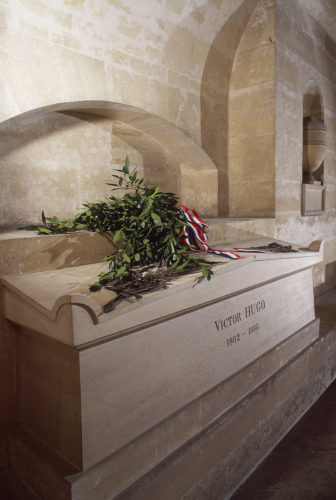
The Pantheon
-
Many visitors are surprised by the simplicity of Victor Hugo's tomb, in a small crypt near that of Emile Zola. A crowd of two million French escorted the coffin of the poet to the Pantheon.
Victor Hugo Evocation
-
He is still considered as one of the greatest writers of French language. The lyrical poet, Victor Hugo shared his life between women, literature and political commitment, going so far as to prefer exile to life under the Second Empire. His work includes poems, novels, plays, but also travelogues and political speeches.
During his lifetime Victor Hugo had been controversial. The hatreds he stirred up were of unusual violence, but he was the most popular writer of his time. After his death, the publishers, the theater people and later the cinema and television, rushed to edit and release unpublished or adapt the great works of the poet. All schoolchildren today learn his verses and there is not not a town without a street in his name.


